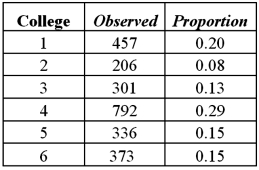Exhibit 12.2 A university has six colleges and takes a poll to gauge student support for a tuition increase.The university wants to insure each college is represented fairly.The below table shows the observed number students that participate in the poll from each college and the actual proportion of students in each college.  Refer to Exhibit 12.2.Using the p-value approach and α = 0.01,the decision and conclusion are:
Refer to Exhibit 12.2.Using the p-value approach and α = 0.01,the decision and conclusion are:
A) Do not reject the null hypothesis;all proportions are equal to 
B) Do not reject the null hypothesis;cannot conclude that not all of the proportions are the same
C) Reject the null hypothesis;at least one of the proportions is different from its hypothesized value
D) Reject the null hypothesis;all of the proportions are not the same
Correct Answer:
Verified
Q36: Exhibit 12.2 A university has six colleges
Q37: For the Jarque-Bera test for normality,the null
Q38: Packaged candies have three different types of
Q39: For the chi-square test for normality,the expected
Q40: Exhibit 12-1 A card dealing machine deals
Q42: Exhibit 12.3 A fund manager wants to
Q43: Exhibit 12.4 In the following table,likely voters'
Q44: Exhibit 12.3 A fund manager wants to
Q45: Exhibit 12.4 In the following table,likely voters'
Q46: Exhibit 12.4 In the following table,likely voters'
Unlock this Answer For Free Now!
View this answer and more for free by performing one of the following actions

Scan the QR code to install the App and get 2 free unlocks

Unlock quizzes for free by uploading documents